Tinnitus and Its Causes
Tinnitus or ringing in the ears is an extra-sensory perception of sound. Meaning it’s not caused by something in the environment that other people can hear; only you can hear it. According to statistics 1/6 people in North America experience Tinnitus, but what causes it? The ringing, whistling, buzzing, etc. is typically caused by another underlying condition, which we’ll discuss shortly. Treatment is then related to the underlying causes as well or the symptoms of the tinnitus.
Causes and Risk Factors
Causes*
*and/or aggravators (some of these can make existing tinnitus worse)
Hearing Loss – with damage to the ear from age or noise, we lose the ability to hear certain sounds. Since the brain can no longer receive or interpret those sounds, in some cases it will create its own sound (aka tinnitus) to fill the quiet. This doesn’t happen in every case of hearing loss, but they are most common together.
Ear infection or wax blockage of the canal – fortunately, this tends to cause temporary tinnitus. As with hearing loss, when the ear is not receiving sound, the brain likes to make it’s own. Significant wax or fluid in your ear from an infection can cause this to happen.
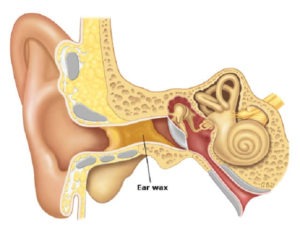
Head or neck injury – as hearing is partially occurring in our brains, any injury to the head or neck can disrupt the flow of nerve signals in the hearing process.
Medications – certain medications are known to be ototoxic, meaning one of the side effects is damage to the ears. These medications include some cancer drugs and antibiotics.
Meniere’s disease – Meniere’s is an inner ear disease characterized by cycles of tinnitus and vertigo. While there isn’t much known about the disease, there is some research into its causes and treatments.
TMJ disorders – [sing with me] “the jaw bone is connected to the”… well a lot more than just other bones. Where the TMJ joint in your jaw is connected to muscles, ligaments, and nerves it’s also connected to your ears. TMJ issues and other issues like grinding your teeth can cause tinnitus.
Blood vessel disorders – changes to blood flow through the ears, such as high blood pressure or other disorders can cause a type of tinnitus called pulsatile tinnitus (meaning you hear your heart beating/blood pumping in your ears).
Others could include diabetes, tumors, changes to your middle ear bones, etc. The ears, head, and neck are all connected, meaning some changes to one area can affect the other.
Risk Factors
Loud noise exposure – this is the number one risk factor for developing tinnitus. With loud noise exposure, a single event or exposure daily for long periods of time can damage your ear and its connection to your brain. This is why we tend to see so many construction or factory workers with both hearing loss and tinnitus.
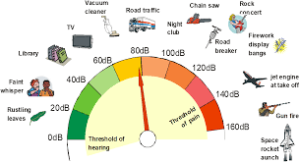
Sex – sorry guys, but you are more likely to develop tinnitus than your female counterparts. This could be in part to more men working in jobs with noise exposure.
Tobacco and alcohol use – those that use these substances are at a higher risk to develop tinnitus, as they can cause changes to blood flow and overall health.
Treatment and Prevention for Tinnitus
Before you have tinnitus
Hearing protection – if you’ll be working around noise, even just the lawnmower, wear hearing protection. One incident of loud noise can permanently damage your ears. Similarly, if you work regularly in a noisy environment, make sure you have the proper hearing protection needed.
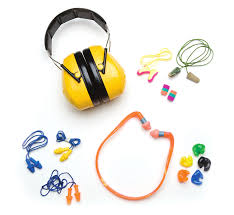
Turn down the volume – in this day and age of headphones, turn down the volume! The best practice having your volume set at less than 60% of its capacity.
Cardiovascular health – as clique as it may be, taking care of your vascular and overall health through exercise and a balanced diet can reduce the risk of developing tinnitus linked to high blood pressure, diabetes, and obesity.
Treatments
Sound therapy – using other sounds to distract your brain from the tinnitus. This can be as simple as a fan on or a noise machine. It could also be direct, tailer sound through hearing aids. A simple solution is using tinnitus apps to find what distracting sound works best for you.
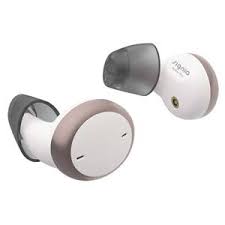

Check-in with your doctor – Looking at medications or checking for the underlying health issues can provide some insight into what might be causing the tinnitus and this what treatment would be most appropriate.
Counseling or support groups – knowing that you aren’t alone and talking to other people can be beneficial. Not just to talk, but hear other people’s stories and strategies.
Avoiding triggers and reduce stress – this can take some time, but finding your triggers and learning to reduce/avoid them can make a huge impact on the intensity of your tinnitus.
Look at your diet – As we discussed, good nutrition will help overall, but there are certain foods that can trigger or worsen tinnitus. More information from our nutritionist Tinnitus group here.
Overall
There are new options for treatments coming out all the time. The biggest thing to remember is tinnitus is not one size fits all, so neither will your treatment. When it comes to tinnitus, do what you can to protect your ears, and if it does happen know that there is help.


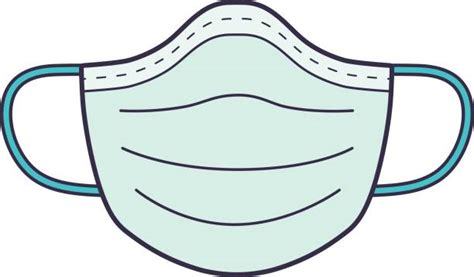
Recent Comments